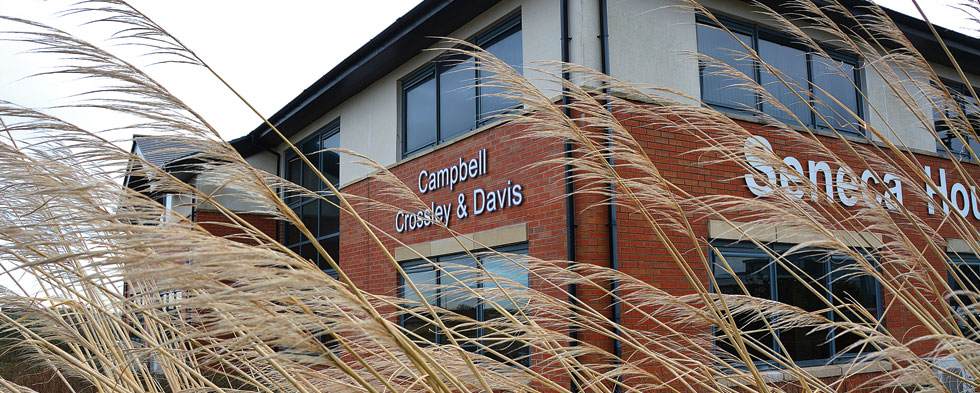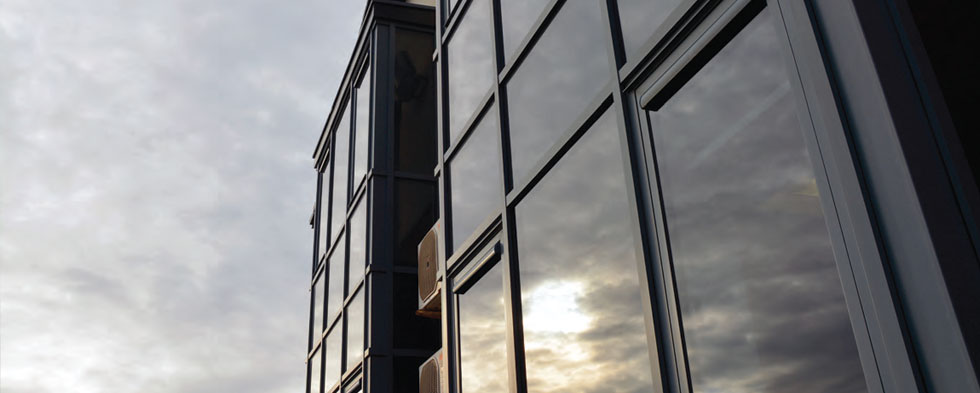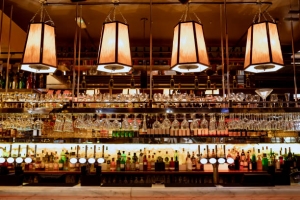Struggling to Keep Your Pub Afloat? We’re Here to Help with Pub Business Recovery Solutions
Running a pub has always had its challenges, but today’s pub operators face more pressure than ever before. Rising costs, fewer customers, and stronger competition have left many in financial distress. At Campbell Crossly & Davis, we understand the difficulties that come with running a hospitality business. We offer clear, practical support to help you recover your pub business or, if necessary, close it in the best possible way.
Whether you are struggling with energy costs, business rates or cash flow problems, our licensed insolvency practitioners can guide you through your choices. We work with limited companies across England, helping you follow the right insolvency procedures while protecting your interests.
Why Pubs Are Struggling
The problems facing pub operators have been building for years and have worsened in recent times. The cost of living crisis has made customers more careful with their money. Many now prefer to eat and drink at home rather than spend in pubs, leaving businesses competing for fewer customers.
Energy costs have risen sharply, with some pubs seeing their bills double or even triple compared to a few years ago. Business rates remain a large fixed cost, putting more strain on cash flow. Wages, supplier prices, and alcohol duty have all gone up too. These rising costs, combined with ongoing competition from other venues, have pushed many pubs into company debt and financial difficulties.
Recognising Financial Distress
Spotting the signs of trouble early is important. Problems can include regular cash flow shortages, late payments to suppliers, tax arrears with HMRC, or missed loan and lease payments. In the pub business, even a small drop in takings can quickly lead to serious financial distress because fixed costs are so high.
If you are facing financial difficulties, seeking professional advice as soon as possible can give you more options. At Campbell Crossly & Davis, we will assess your situation quickly, explain your legal duties as a director, and help you plan a way forward.
Recovery Options for Pub Businesses
Not every pub in difficulty needs to close. If your business still has potential, there are insolvency procedures and other steps that can give you breathing space to recover.
Company Voluntary Arrangement (CVA)
A company voluntary arrangement is a legal deal between your business and its creditors. It allows you to repay unsecured debts through a payment plan that you can afford, usually over three to five years. This can cut your monthly outgoings and improve cash flow, helping your pub to keep trading. Creditors often prefer a CVA because they get back more of what they are owed compared to liquidation.
Administration
Administration stops creditor action while a rescue plan is put together. Your pub can carry on trading while a licensed insolvency practitioner works on restructuring the business. This might involve renegotiating leases, cutting costs, or selling the business to a new owner as a going concern.
Time to Pay Arrangements
If HMRC debt is your main problem, time to pay arrangements can spread the cost of VAT or PAYE over several months. We can speak to HMRC on your behalf and agree a realistic repayment plan that fits with your trading position.
Operational Restructuring
In some cases, improving how the pub operates can make a big difference. Changes to opening hours, menu choices, or supplier agreements can help reduce costs and improve profit margins. We look at your business model and suggest realistic changes that can have a positive impact.
When Closure Is the Best Option
Sometimes a pub’s financial position is too poor to recover. Continuing to trade when insolvent can put you at risk of personal liability. In these cases, closing the business in a controlled way is the safest approach.
Creditors’ Voluntary Liquidation (CVL)
A creditor’s voluntary liquidation is the formal process for closing an insolvent limited company. A licensed insolvency practitioner will take control of the business, sell its assets, and use the funds to repay creditors in the correct legal order. Any remaining unsecured company debt is written off, giving you a fresh start. Directors may also be able to claim redundancy pay, which can help while you move on.
Pre-pack Liquidation
In some situations, the main assets of your pub can be sold to a new company before liquidation. This allows trading to continue under a new structure without the old debts, and can protect jobs and customer relationships.
Members’ Voluntary Liquidation (MVL)
If your pub is solvent and you want to close, a members’ voluntary liquidation can allow you to wind up the business in a tax-efficient way. This is usually an option for owners who are retiring or moving on to other ventures.
Special Issues in Pub Insolvency
Pubs have unique challenges when it comes to insolvency. A premises licence must be transferred within 28 days or it may lapse, which can reduce the business’s value. Brewery tie agreements and lease obligations must be handled carefully, as they can still apply even during insolvency.
Stock management is another important factor. Alcohol may be subject to duty rules, and suppliers may be able to reclaim unpaid-for goods. Fixtures, fittings, and branded items can hold value, but often sell for less than their original cost. At Campbell Crossly & Davis, we know how to manage these issues to protect your position.
Director Duties and Legal Risks
As a director of a limited company, you have clear legal responsibilities if your pub is in financial distress. These include not taking on new debt you cannot repay, avoiding favouring certain creditors, and working fully with the insolvency practitioner. Ignoring these duties can lead to personal liability, disqualification as a director, or other penalties.
Personal guarantees are also common in the pub business, especially for loans, brewery contracts, and equipment hire. We review these with you and explain what they could mean for your personal assets.
Life After Recovery or Closure
Closing a business does not have to be the end of your career in hospitality. Many former pub owners go on to manage venues for larger groups, work as consultants, or even open new pubs under different structures. If recovery is possible, the process can make your business stronger and more stable in the long term. If closure is the right path, removing unmanageable company debt can give you peace of mind and a chance to start again.
Take the First Step
If your pub is facing financial difficulties, the best thing you can do is get professional help straight away. At Campbell Crossly & Davis, we combine industry knowledge with proven insolvency procedures to give you clear options. Whether you need a payment plan, time to pay arrangements with HMRC, or a creditors voluntary liquidation CVL, we can help.
Contact us today for a confidential consultation. Our licensed insolvency practitioners will listen, review your situation, and explain your options in plain language so you can make the right choice for your pub business.
Are you a pub owner who is struggling financially due to lockdown measures? Campbell Crossley & Davis are here to help with our extensive range of Business Recovery & Insolvency solutions! Please contact us today for a free and safe virtual consultation via 01253 349331.




